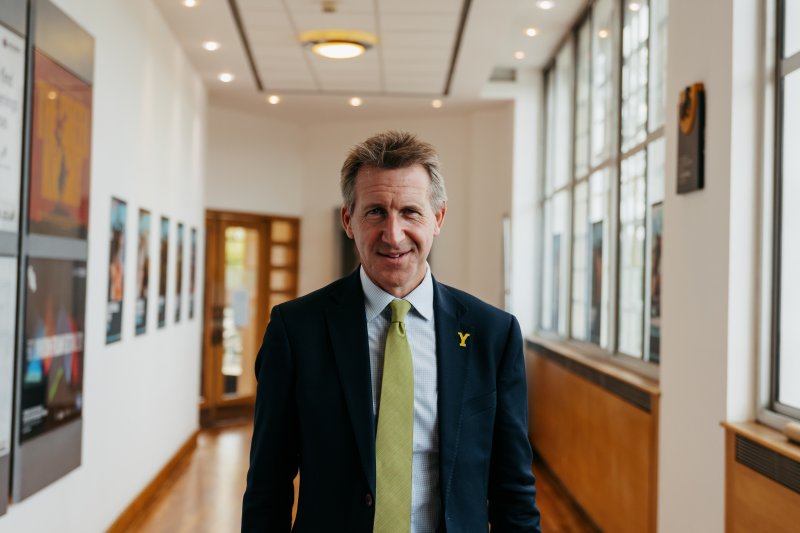HEALTH bosses in Barnsley have played down reports that doctors are being paid to cut hospital admissions by ten per cent for some surgeries by saying there are often other, more suitable alternatives.
Health journal Pulse claimed as part of its Cash for Cuts investigation that Barnsley Clinical Commissioning Group - which commissions the town’s health services - was offering GP practices up to £5 per patient for cutting referrals to hospital across a range of specialities including cardiology, general surgery, trauma and orthopaedics.
The journal said it received replies from 181 CCGs about incentives for GPs to cut referrals. It said the ten per cent target in Barnsley was the most severe it had uncovered as part of its investigation, with Barnsley CCG setting aside £1.4m for the scheme which also includes specific clinical thresholds for a range of procedures including knee and hip replacement, cataracts and hernias.
GPs in Barnsley are being asked to consider who they refer for surgery after identifying that in ten per cent of cases, there will be alternative treatments. But if someone had an emergency, or their condition worsened and surgery did become the best option, they would have the surgery.
Payments are made to GP practices based on the number of registered patients, and the average investment in practices is £42,000 based on the total investment of £1.4m divided by 33 practices.
The Get Fit First in Barnsley policy applies to surgical specialities including general surgery, cardiothoracic, ENT, gynaecology, neurosurgery, plastic surgery, trauma, orthopaedics and urology.
Patients who are severely overweight and/or who smoke would be asked to spend time getting fit before being referred for surgery.
A spokesman for Barnsley CCG said: “If there is a clear clinical case that planned surgery is likely to offer the best outcome, then a referral will always happen.
“We know though, and people will have seen this with family and friends, that improvements to someone’s condition and quality of life can come from a whole range of non-surgical treatments and support, without the significant risks of surgery.
“This year, our GPs have been reviewing how often people are being referred for some routine surgeries, when actually other treatments could offer them a better improvement. They have identified that about one in ten people may not need referring for surgery, this may be because they are other treatments available or there is new guidance on how to treat certain conditions.
“This year we have made a small investment to GP practices. This will support them with practical things like additional GP clinic time so they can undertake training or to carry out additional reviews to better advise and discuss more suitable treatment options with patients.
“Our plans are also backed up by investment in other areas which would provide other treatments. We have recently invested in a new physiotherapy service, which will offer speedier access and better outcomes for people for example. We are also about to improve access to mental health support.
“We are working hard to improve local services by making responsible, clinically-led decisions in partnership with patients, GPs and providers”.




























